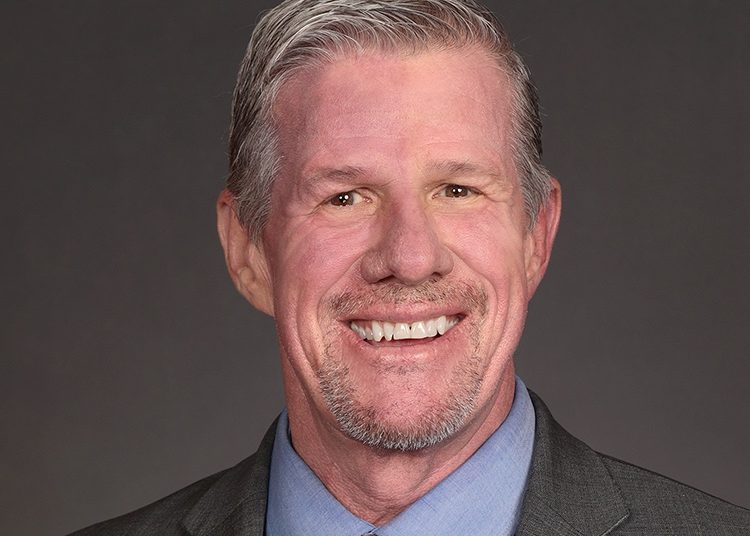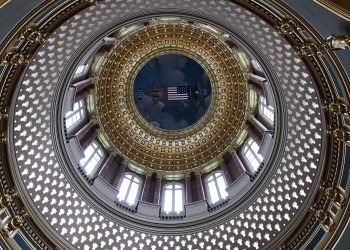New property assessments arrived in many Iowa mailboxes this week and those assessments came with a shock for many Iowans. The Quad-City Times reported average increases of 8.5 percent in Scott County, WOWT noted increases of $55,000 on a residential property in Council Bluffs and the Sioux City Journal wrote of an increase of 13 percent in parts of Sioux City, and The Des Moines Register reported an average increase of 8 percent.
Property assessments, along with local levy rates, are the factors in determining property taxes paid by Iowans and these sharp increases in value can lead to painful property tax increases for Iowans, their families, and seniors. When assessments rise, property taxes increase, even if the levy rate stays the same. In 2019 the Legislature passed significant property tax reform to improve transparency around the property tax process and give property taxpayers more information to engage in local taxing decisions.
This session the Iowa Senate is again working to reduce the property tax burden. SF 587 eliminates the property tax levy on mental health and shifts funding to the state level. Eliminating this levy not only means over $100 million in reduced property taxes, but it also has a compounding effect in future years because as property assessments rise, the elimination of the levy will reduce the increase of property taxes when assessments rise.
Property tax increases are especially difficult for many Iowans. Seniors on fixed incomes frequently do not have an increase in income to pay for additional taxes. Working families need new clothes for growing children and high property taxes are a hurdle for new home buyers working to attain the American Dream of homeownership. Permanent, reliable tax relief is a positive, pro-growth solution for many Iowans.
















